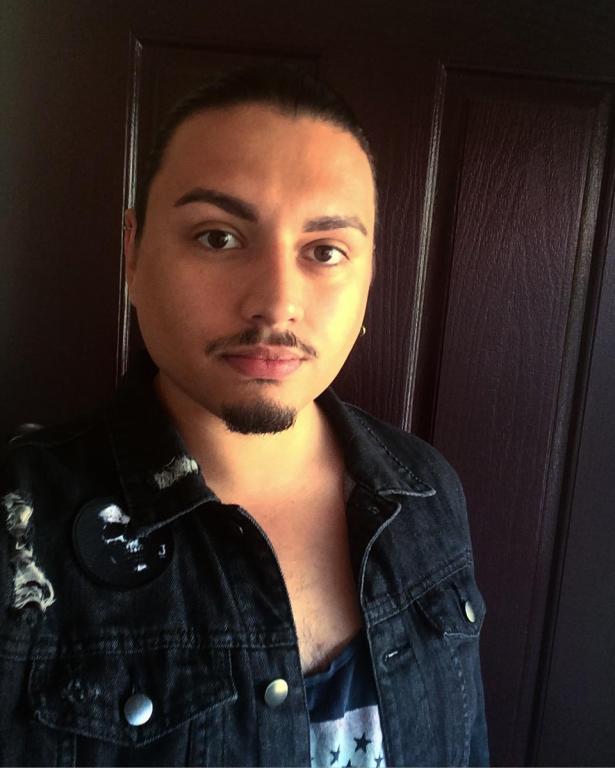Before we begin, let me state clearly that this article may make some of you upset or angry. Please understand that this article is not directed at you, nor is it about you. However, if the shoe fits you have every right to wear it as you so choose. If you are enraged by this article I want you to ask yourself why, and really sit with it a moment before popping off.
In this article, I’m not asking for the impossible. I’m not even asking for the difficult. I’m simply asking for the bare minimum in terms of effort and respect. If you aren’t prepared to handle it, please walk away now. If you feel this is gatekeeping, feel free to see my recent article about that as well. Otherwise, let’s dive in.
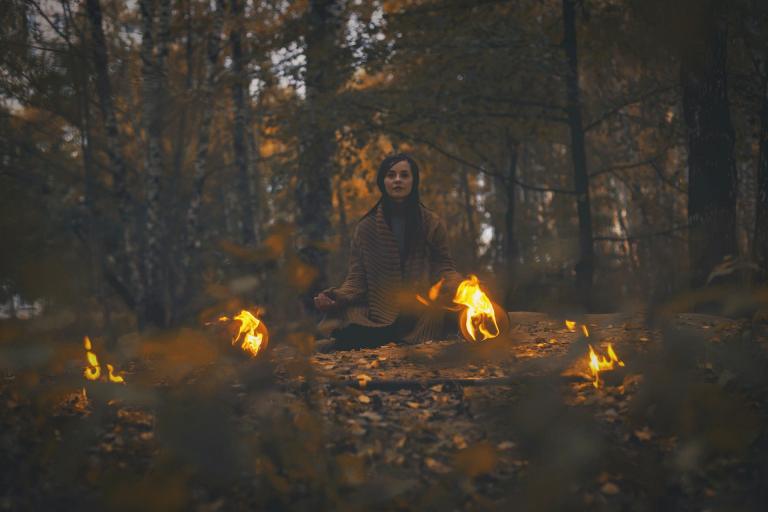
We’ve all heard someone say it and we’ve all seen someone post it. “All you need to become a witch is to decide that you are one.” I find this statement at best, cringeworthy, and at worst, wildly disrespectful and even dangerous. Have we no pride in our species? Is that what we think of ourselves? That the bar is so low that absolutely no work at all is required in order to adopt a spiritual title with centuries of sacred tradition and blood behind it?
On the other hand, how dare someone have the audacity to think that you can just decide to adopt a title that thousands of people were murdered for over the centuries without putting in any work at all? Yes, thousands of people were murdered in an attempt to wipe witchcraft off the face of this earth, yet brave witches risked everything to hide the knowledge and keep it secret until it was finally safe to bring it back out into the light.
Never forget that people had to die in order for you to be the witch you claim to be today. That deserves respect, not just for witches but for witchcraft as well. I think most of us would have a problem with someone referring to themselves as a veteran without even enlisting in the military. Titles mean something and our culture and traditions are not a joke, nor are they a game.
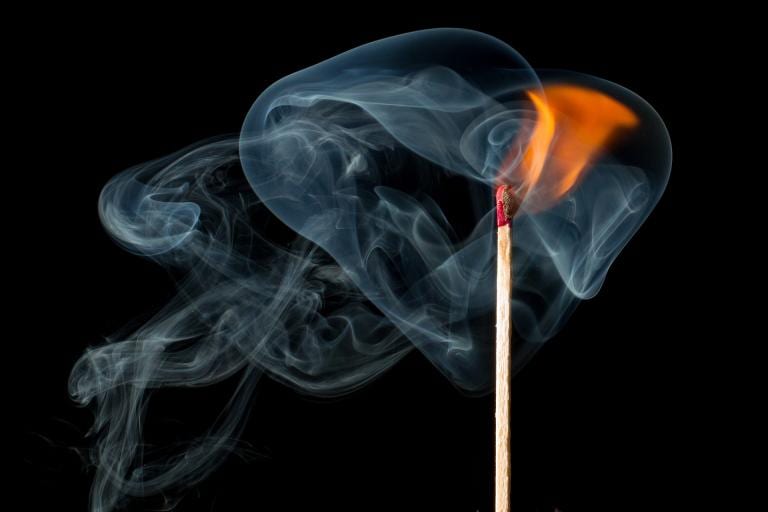
Beyond the fear of persecution, witchcraft has long been kept secret because it is dangerous. Mainstream witch culture likes to dramatically downplay the risks and dangers associated with witchcraft in order to promote the sale of products.
Ever notice that folks who say “there are no rules in witchcraft” and “witchcraft is for everyone” more often than not have something to sell you? Whether it is a book, a potion, or a social media account, these people are perpetuating the false idea that witchcraft is safe and risk free by willfully putting money and status before truth and safety. Take note of this when you see it.
Jason Miller, a respected worker, said it best in his book Protection and Reversal Magick, when he wrote “The path of a magician or witch has its own dangers. Paul Huson, in his book Mastering Witchcraft, warned, “The moment that you set foot upon the path of witchcraft a call rings out in the unseen world announcing your arrival.” Not everything that hears this call will have your best interest at heart.”
Anyone who has a serious practice can tell you that at some point upon the path you will have to defend yourself or others against supernatural forces. It’s just part of the package. When we first begin to learn the craft, we stick our fingers into the magical pool. This stirs the spiritual water and makes ripples. These ripples carry a message through the spirit pool, and to all of its inhabitants, not all of which are friendly. When we declare ourselves a witch, we dive in cannonball style. Not only does this create a big splash that sends waves through the spirit pool, it sends a message through their world as well. If you don’t know how to swim before you dive in, you are a sitting duck. Certain creatures will take advantage of this.
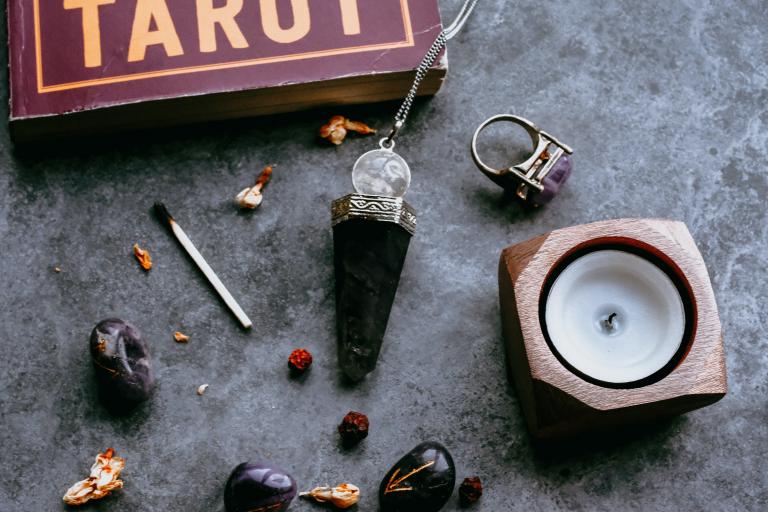
Beyond this, the idea that no work is needed in order to be a witch sets a dangerous precedent that witchcraft is not only safe, but that it requires no work. This sends the message to new witches that witchcraft doesn’t need to be taken seriously, and that they can ignore necessary rules, guidelines, and foundational skills. This is a delusion that has been cast over much of the community thanks to the “love and light” folks who believe that all witchcraft is beneficial, safe, and a “divine birthright” to everyone regardless of any parameters or prerequisites (but also be sure to buy whatever they are selling you).
Anyone who is a serious practitioner will tell you that witchcraft requires foundational skills and knowledge in order to practice safely. Ignoring these foundational skills and telling folks to jump straight to “I’m a witch” is not only dangerous but highly detrimental to the education of new witches and sets a precedent for a lazy and haphazard relationship with the craft. Something I call the “easy bake coven” approach that is becoming increasingly popular in modern witch culture.
We need to realize that witchcraft is like a gun; it can be used for both good and evil. However, that doesn’t mean guns should be given out in mass quantity with no guidelines other than “you don’t need any training, and there are no rules! You are now a police officer, it’s your divine right, and don’t let anyone tell you any different”. If you’d be against that in normal society you should really be against it in modern witch culture.
Furthermore, when you take up a title, spiritual or otherwise, you are broadcasting to the world (and the spirits) that you have a special skill set that allows you to uphold the title. With titles come responsibilities. For instance, I could decide that in my heart of hearts I feel that I am a mechanic. I have no training and I honestly can’t even tell you what an alternator does, BUT I’m “drawn” to auto body shops and I do own a wrench. Given that information, would you like me to do your brakes?

Or maybe, I’ve decided that I’m a doctor. I have watched a lot of Grey’s Anatomy, and I do own a mask thanks to Covid. Also, I’m very “drawn” to hospitals and to healing. May I perform surgery on you? I’m hoping that my point is becoming abundantly clear. Titles mean something, and your knowledge and abilities should reflect that.
So, when do you know it’s a good idea to refer to yourself as a witch? Everyone defines this differently, but that doesn’t mean you should just make up anything you’d like. “Witch” is irrevocably tied to witchcraft, which means in order to claim the title of witch you need to (at the very least) have a basic understanding of witchcraft, solid foundational skills, and experience to back up your knowledge.
Think of it this way, if someone came to you with a paranormal or witchy problem would you likely have the skills to help? Can you cast a successful spell? Break a curse? Divine psychic information? As witches our purpose is not to hoard our magic to ourselves in secret. Witches have always had a responsibility to step in and help others with our craft when we can. Otherwise, what’s the point?
Coming back to the mechanic analogy, if you declare you are a mechanic someone will eventually have car trouble. If you don’t actually know anything about cars, both you and the person seeking your help are going to be in trouble. Not to mention you’re going to look like a fool. Being a witch is no different. Don’t get me wrong, you don’t have to be a blackbelt in every scenario you may be presented with before calling yourself a witch, but you should at least have the foundational skills to be able to help, even if just a little bit.
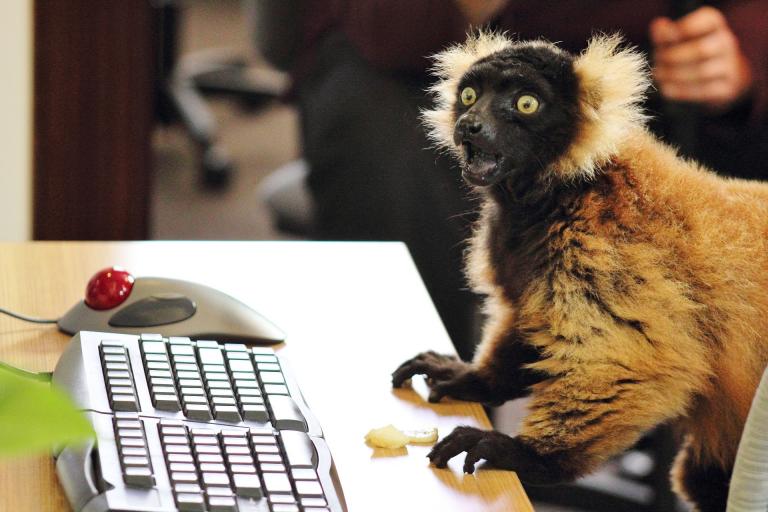
Now, I know someone is already typing a scathing reply to this article claiming that they’ve been a witch since the beginning of time, through all their past lives, and therefore has been a witch even before they technically learned “witchcraft”. If that is the case, and you truly do have such a heavy natural inclination towards magic, then it’s even more important for you to quickly learn the craft.
Being such a magical creature is a huge responsibility and if you truly are that way, you should take your magical study very seriously. Those with powerful natural magical talents but no training can be like toddlers holding bazookas. Education becomes imperative here. Also, as someone claiming such a defined magical lineage, you have a duty to be a leader in the magical community and encourage others to not only study the craft, but to take the title of witch seriously and not disrespect your history and culture with such nonsense as thinking there’s nothing more to it than to claim it.
So then, what do we do if we have just begun our journey? What do we call ourselves? How about “a student of witchcraft”? Gives you that magical flair, lets you use the word “witchcraft” and will make it seem like you spend your days at Hogwarts or a medieval Occult library.
Or how about calling yourself a “novice witch” or an “initiate” if you have indeed been initiated. “Witch in training” has a Kiki’s Delivery Service vibe that I like. “Occult researcher” is neat, and gives you an excuse to wear spectacles and smoke a pipe. “Devotee of the olde ways” is also good, and is sure to make for great conversation at dinner parties.

Any of these titles could be used to distinguish yourself as an otherworldly mystical being without grabbing on to an unearned title. When the day comes, that you feel you have enough magical know-how and experience to really defend the title of witch, AND you’re ready to make the lifelong (yes I said lifelong) commitment to being a witch, then feel free to take on the title proudly.
Now before I let you go, PLEASE don’t get it twisted. I’m not saying that you have to know EVERYTHING about witchcraft before declaring yourself a witch. Absolutely not, that’s impossible. We will always be learning and growing. Your craft may also look different from others and that’s also fine.
What I’m saying is that you should know at least the basics, and have put those basics into practice before declaring yourself a witch. Once you do take on the title, that isn’t the end of the road either. Not even by a long shot. You will always need to be learning and practicing; a title without continuing education is just as bad as a title without foundational skills.
In conclusion, we as witches need to respect and honor the sacrifices, knowledge, and sacred traditions of our people. Our ancestors did not lay down their lives and hide our sacred practices in the night so that we could repackage them as fast food “get witch quick” schemes that require no effort or integrity. Our history and traditions mean more than that. The gods, as well as the ancestors who died so you could call yourself a witch are watching, act accordingly.


